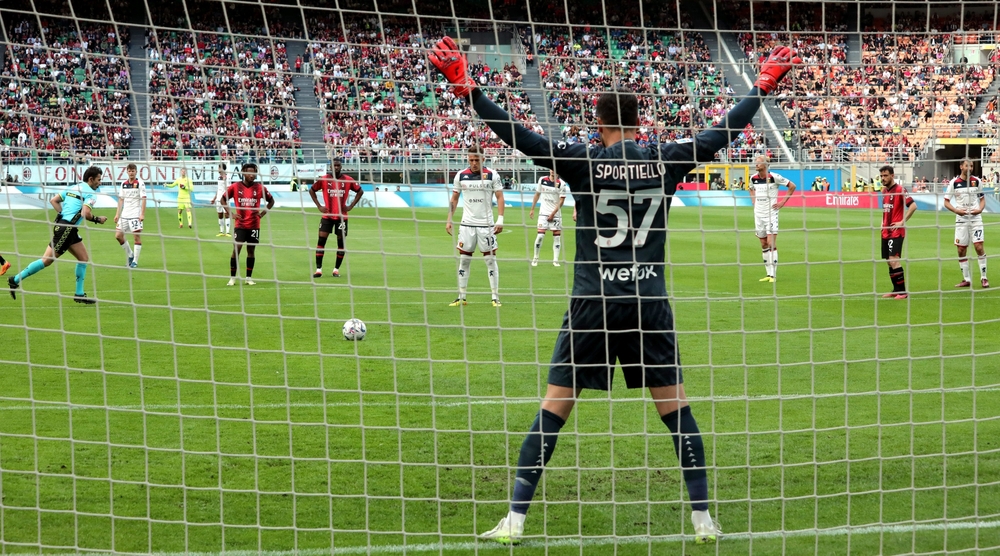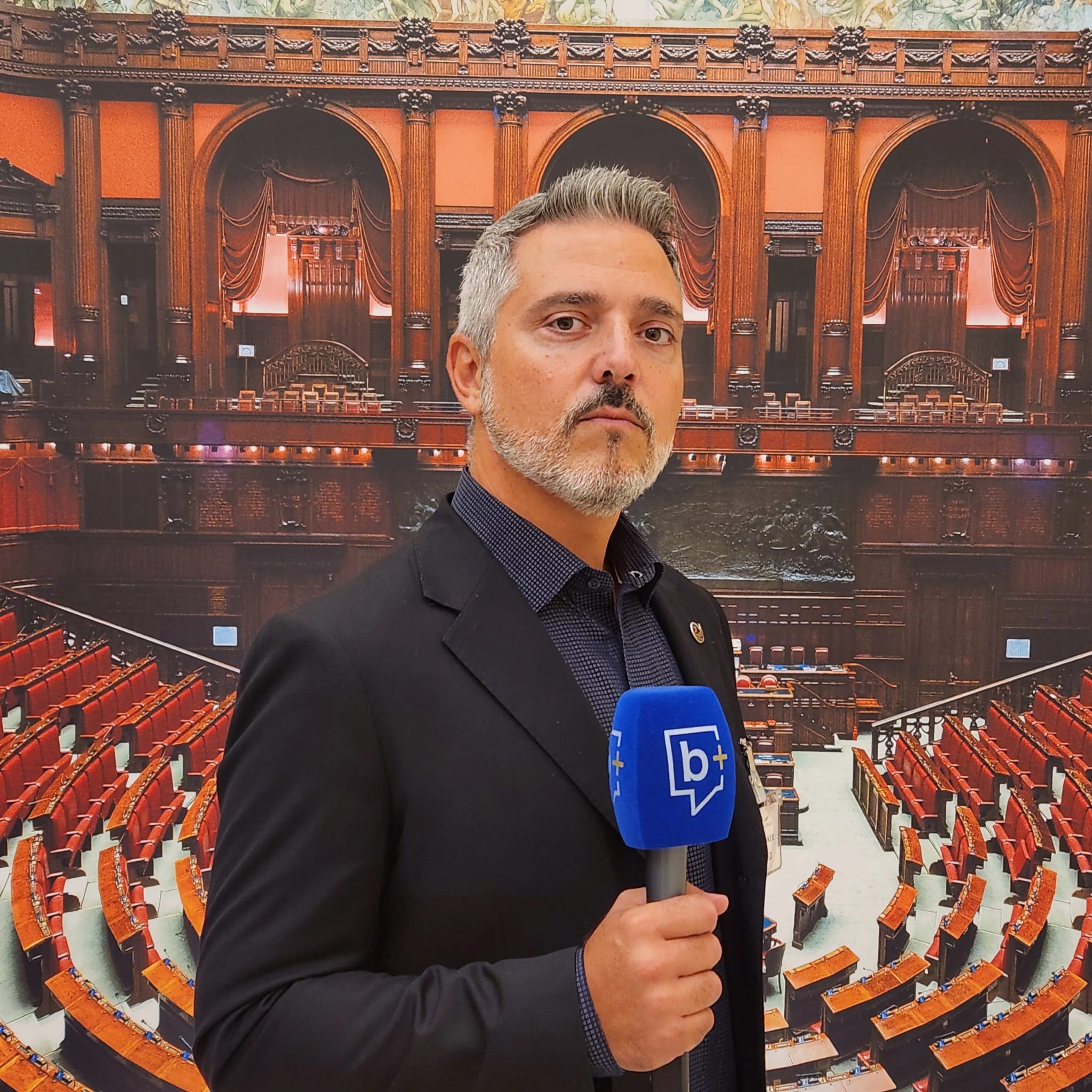The second international break of the season has crystallized and intensified the numerous controversies from the last round of matches, destined to spark further discussion and debate with its endless ramifications.
The spotlight is firmly on… penalties. After the 2-1 defeat in Florence, coach Paulo Fonseca pointed fingers at the referees for failing to respect the game: “Football is a contact sport; we must respect the game. It’s a cycle; nowadays, the slightest contact results in a penalty, and that’s not how football should be. This also applies to the penalties awarded to Milan, not just those against us…”
The issue of “modern penalties” was already tackled by José Mourinho in January when he was managing Roma, after losing the Coppa Italia derby due to a penalty awarded early in the second half. At that time, the vehement reaction from Mourinho’s detractors led to a media frenzy aimed at highlighting his typical search for excuses following a defeat, overshadowing the broader theme of “penalty decisions” and closing off a debate that could have been more constructive and less polarized by opinions about Mourinho.
Returning to Fonseca, when penalties are awarded, they must be converted, and a significant concern at AC Milan is the apparent mutiny among players. In the first half, Theo Hernandez ignored the coach’s instructions by taking and missing the penalty that could have leveled the score at 1-1. At halftime, Fonseca reiterated to the team that the designated penalty taker was Christian Pulisic, but this did not stop the English duo Tomori and Abraham from conspiring to take the ball away from Pulisic for the second penalty awarded to Milan by referee Pairetto. The tragicomic finale, with David De Gea’s second save, further highlighted the insubordination, turning it into a significant issue. After the match, Fonseca expressed his frustration to the media in decidedly more colorful terms.
The topic of penalties and controversial calls also looms large for AS Roma. In a matchday filled with “modern penalties,” the only clear penalty not awarded was for a blatant foul by Kyriakopoulos on Baldanzi. In the dynamics of the play, two contacts were evident, both deserving of a penalty: the clear stepping on the foot of the Roma player and the contact from the Monza defender’s leg on the standing leg of the Roma player. It is impossible not to award a penalty in such a situation, which is unacceptable for Roma. The club’s official Ghisolfi publicly criticized the VAR official Aureliano after the match, expressing outrage that he did not intervene to correct the on-field decision made by referee La Penna.
Setting aside Aureliano’s historically unfortunate record with Roma—both as a referee and a VAR supervisor—the broader issue here is the arbitrary use of technology, which should serve as a technical tool aimed at achieving objectivity in interpreting situations governed by regulations, or at least that’s how it has been clearly presented to us.


